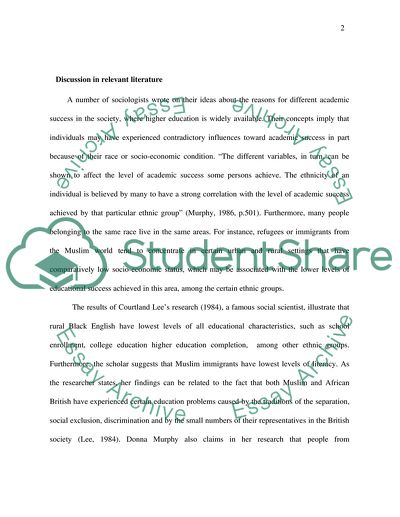Cite this document
(Academic Success as It Relates to Social Class and Race Research Paper - 1, n.d.)
Academic Success as It Relates to Social Class and Race Research Paper - 1. Retrieved from https://studentshare.org/education/1536159-research-methods
Academic Success as It Relates to Social Class and Race Research Paper - 1. Retrieved from https://studentshare.org/education/1536159-research-methods
(Academic Success As It Relates to Social Class and Race Research Paper - 1)
Academic Success As It Relates to Social Class and Race Research Paper - 1. https://studentshare.org/education/1536159-research-methods.
Academic Success As It Relates to Social Class and Race Research Paper - 1. https://studentshare.org/education/1536159-research-methods.
“Academic Success As It Relates to Social Class and Race Research Paper - 1”. https://studentshare.org/education/1536159-research-methods.


